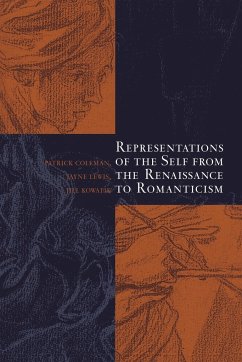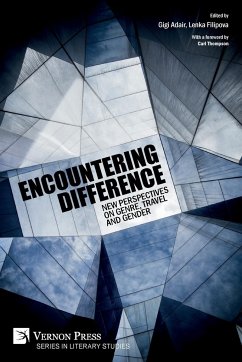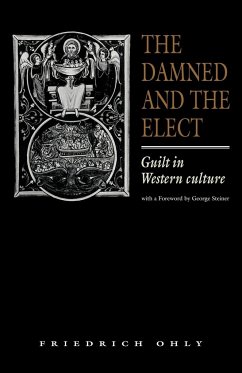
Radical Elegies: White Violence, Patriarchy, and Necropoetics
Versandkostenfrei!
Versandfertig in über 4 Wochen
44,99 €
inkl. MwSt.
Weitere Ausgaben:

PAYBACK Punkte
22 °P sammeln!
Scholarship has traditionally characterized elegy as a Eurocentric tradition - a genealogy spanning from ancient Greek pastoral poems via the "English elegy" to English and Anglo-American Modernist contemporary poets. Perry examines how these genealogical constructions operate as a means of framing which guides interpretation. This book argues that they reflect a necropoetics - a system of principles, precepts and techniques which serve to establish and maintain ideas about whose lives are worthy of being mourned publicly and whose losses matter. Examining elegies that challenge questions of w...
Scholarship has traditionally characterized elegy as a Eurocentric tradition - a genealogy spanning from ancient Greek pastoral poems via the "English elegy" to English and Anglo-American Modernist contemporary poets. Perry examines how these genealogical constructions operate as a means of framing which guides interpretation. This book argues that they reflect a necropoetics - a system of principles, precepts and techniques which serve to establish and maintain ideas about whose lives are worthy of being mourned publicly and whose losses matter. Examining elegies that challenge questions of whose deaths may be grieved; elegies which articulate the various ways in which certain lives are made precarious and disposable; and elegies which interrogate colonial violence, structures of white power, militarized forms of policing, prison-industrial and military-industrial complexes, Perry explores possibilities for radical new ways of understanding elegy beyond established genealogical frames. This study retheorizes some basic terms of analysis of contemporary US poetry and poetics, critical race and ethnic studies, racial capitalism and contemporary theories of comparative and relational racialization.













